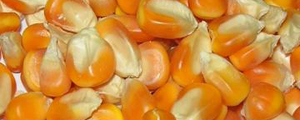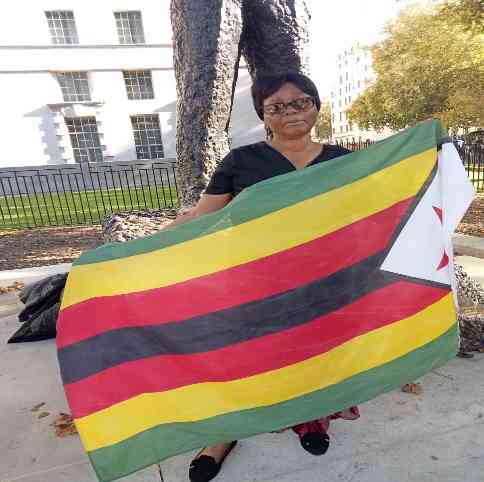
MUTARE – Farmers in Manicaland have vowed to stop selling their maize to Grain Marketing Board (GMB) following the announcement of the new producer price which they described as meagre.
CLAYTON MASEKESA
The government recently pegged the 2014-2015 maize producer price at $390 per tonne but most farmers said it was “a mockery”.
The farmers said they would rather sell their maize to private millers in and outside Zimbabwe where they would get better prices.
Private millers are offering between $450 and $500 per tonne depending on the quality of the maize.
Agriculture minister Joseph Made last week urged farmer to deliver their maize to GMB, saying they will be paid promptly.
Farmers said the price would impact negatively on their operations since some of them failed to access finance to fund their farming activities.
Angry farmers interviewed also threatened to scale down maize production next season, saying it was not viable.
- Chamisa under fire over US$120K donation
- Mavhunga puts DeMbare into Chibuku quarterfinals
- Pension funds bet on Cabora Bassa oilfields
- Councils defy govt fire tender directive
Keep Reading
“Government cannot expect farmers to produce when it is paying such poor prices. The production chain is hamstrung,” Peter Magosvongwe, an A2 farmer near Mutare, said.
“We do not work that way. We get a lower price than what the government pays to import maize.”
Some farmers said they lacked the negotiating power on the producer price. “This means that we will get less money than that we invested in producing maize. I do not have any option but to look for better buyers.
Government should review this price,” another farmer, Moses Mufandaedza, said.
Titus Chiripanyanga, a farmer from Odzi, said the new producer price was not viable.
“Land preparation per hectare costs $100, plus two applications of herbicides come at a cost of $100. That farmer requires labour to weed and tender the crop,” Chiripanyanga said.
“The same farmer needs to hire a combine harvester at the cost of a tonne of maize per hectare and if you add these costs you will realize that one cannot make a profit at a price of $390 per tonne.”
He queried: “Why is it that maize farmers in Zimbabwe are always treated with contempt? If we talk of food security in Zimbabwe, we are talking of maize, which means the pricing model should be attractive.”
Made said that government took into consideration that a higher producer price would push the price of maize meal up and this compromised food and nutrition security at household level.”
Made, however, decried the high cost of fertiliser for pushing costs of production.
“I want to urge the Minister of Finance and Economic Development (Patrick Chinamasa) to engage fertiliser companies to come up with a viable pricing model when preparations for the next season commence,” Made said.











